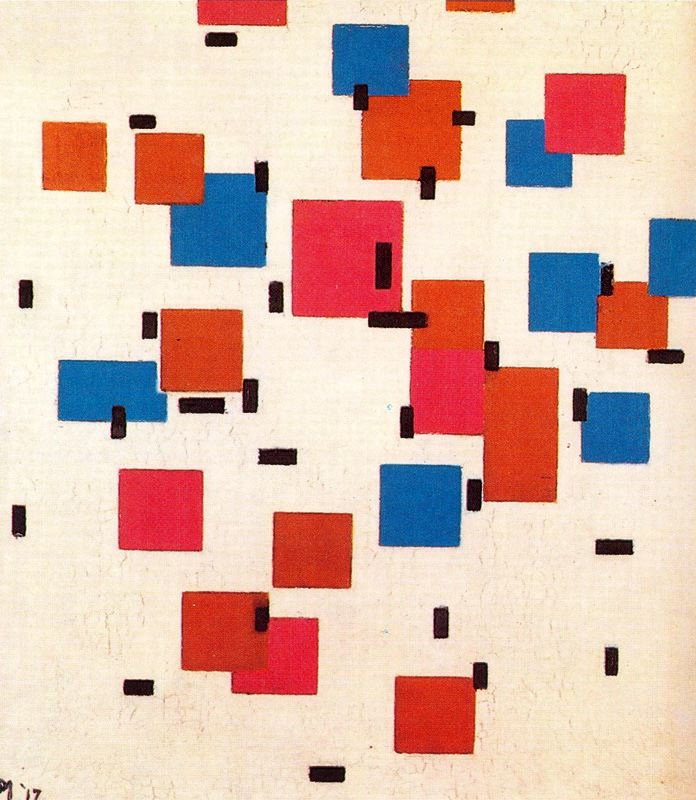Frankenstein is about ChatGPT: Thinking and the Future of Literary Study in the Age of Generative AI
DOI:
https://doi.org/10.13133/2239-1983/18773Abstract
This paper is a speculative inquiry into how generative Artificial Intelligence may affect our thinking abilities and what the role of the humanities and literary study will be in the process. Drawing on Hannah Arendt’s Socratic notion of thinking as an internal dialogue as well as on various philosophical, psychological, and sociological perspectives on solitude and contempo- rary social character, I show how GenAIs such as ChatGPT present a dual challenge: the potential erosion of human cognitive autonomy and the need for a renewed focus on fostering critical thinking. To illustrate this challenge, I offer a fresh rereading of Mary Shelley’s Frankenstein (1818) as a warning against thoughtlessness in the age of scientific progress by drawing a parallel between Victor Frankenstein’s lack of solitude and friendship and our own contemporary attitudes towards technology, self, and others. I then ask where thinking can occur in contemporary society, where overstimulation, distraction, and a lack of solitude are widespread. Finally, I call for a renewed emphasis on thinking as a distinct human ability and underscore the importance of literature in preserving spaces for genuine thought and engagement with self and others.
Downloads
Published
How to Cite
Issue
Section
License
Gli autori che pubblicano su questa rivista accettano le seguenti condizioni:- Gli autori mantengono i diritti sulla loro opera e cedono alla rivista il diritto di prima pubblicazione dell'opera, contemporaneamente licenziata sotto una Licenza Creative Commons - Attribuzione che permette ad altri di condividere l'opera indicando la paternità intellettuale e la prima pubblicazione su questa rivista.
- Gli autori possono aderire ad altri accordi di licenza non esclusiva per la distribuzione della versione dell'opera pubblicata (es. depositarla in un archivio istituzionale o pubblicarla in una monografia), a patto di indicare che la prima pubblicazione è avvenuta su questa rivista.
- Gli autori possono diffondere la loro opera online (es. in repository istituzionali o nel loro sito web) prima e durante il processo di submission, poiché può portare a scambi produttivi e aumentare le citazioni dell'opera pubblicata (Vedi The Effect of Open Access).


